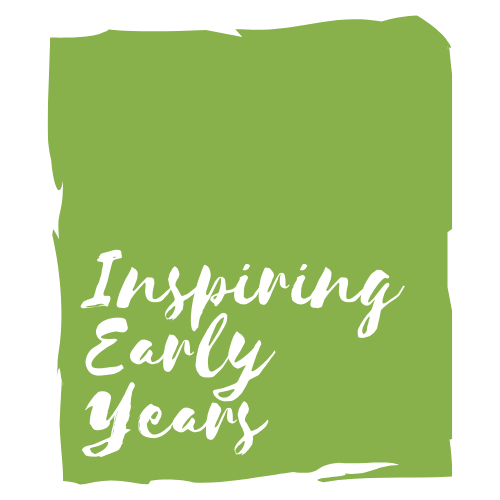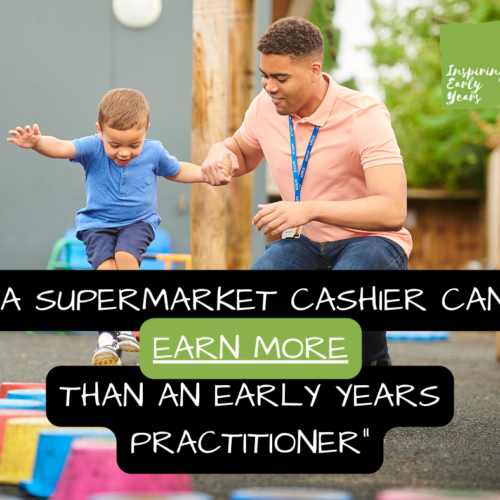How Often Do You Peer Observe?
Peer observations are an effective way of enhancing practice and ensuring the team follow the setting ethos.
Peer observations don’t have to be long-winded and can be done in a variety of ways. Documenting observations however will help support the setting’s action plan and evidence that you are improving the impact on children’s learning and development.
There is no specific timescale for the regularity of observations. Some settings may find it possible to do them monthly, whereas others may do them 4 times a year. You may also find that, as part of a practitioner’s personal development, peer observations are needed more regular and as part of a professional development plan.
Peer observations don’t have to be done by a manager. In fact, sometimes it helps with sharing good practice for staff to observe each other. The term ‘peer’ observation means just that! It does help for a manager to guide staff with what to observe however, especially if they have never observed before.
Some things to look out for:
- Interactions: how is the practitioner interacting with the children? Are they playing alongside? Are they modelling how to play with a resource? Are they ‘helicoptering’ during the observation?
- Language: is the staff member using open-ended questions? Are they using age-appropriate language? Do they give time for children to respond to questions?
- Enhancing Language: do staff introduce new vocabulary to children? Do they respond to children’s answers with new vocabulary? Do they adapt to each child’s ability?
We have a template Peer Observation Record Form to help you in observing practitioners in the provision.
Also, take a look at the grade descriptors in the Early Years Inspection Handbook to guide you on what to observe.



